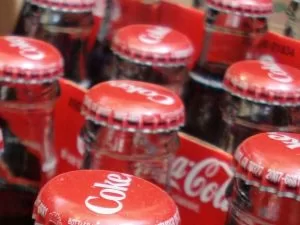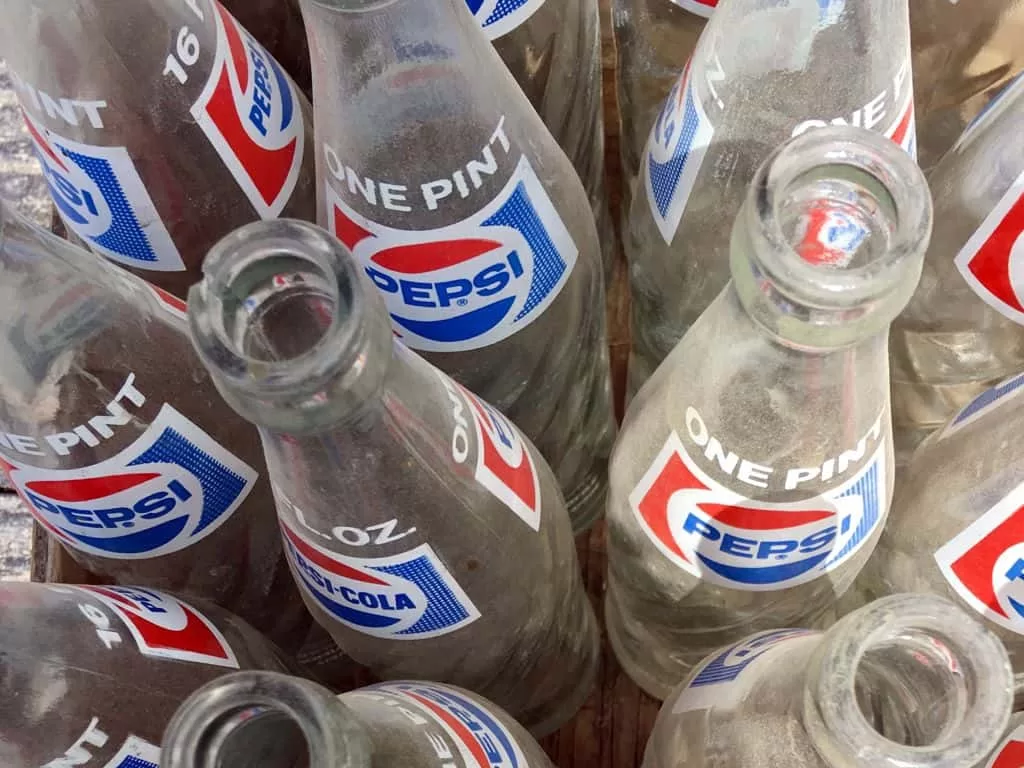Coca-Cola and Pepsi are changing how they make an ingredient in their drinks to avoid being legally obliged to put a cancer warning label on the bottle which they say is ‘scientifically unfounded’.
The new recipe for caramel colouring in the drinks has less 4-methylimidazole (4-MEI) – a chemical that California has added to its list of carcinogens.
 However, Coca-Cola says there is no health risk to justify the change – but that it is doing so to ensure to ensure its products ‘would not be subject to the requirement of a scientifically unfounded warning’.
However, Coca-Cola says there is no health risk to justify the change – but that it is doing so to ensure to ensure its products ‘would not be subject to the requirement of a scientifically unfounded warning’.
The caramel colour in all of our products has been, is and always will be safe, Coca-Cola said in a statement.
Indeed, the European Food Safety Authority (EFSA) reaffirmed the safety of caramel colouring back in March 2011 – following a
comprehensive review of the scientific literature – saying that the presence of 4-MEI in caramel colouring is not a health concern.
The chemical has been linked to cancer in mice and rats, according to one study, but there is no evidence that it poses a health risk to humans, says the American Beverage Association, which represents the wider industry.
The US Food and Drug Administration (FDA) claims a person would need to drink more than 1,000 cans of Coke or Pepsi a day to take in the same dose of the chemical that was given to the animals in the lab test.
“Both EFSA and regulatory authorities around the world say caramel colouring is safe for use in food and drink,” says an FAIA spokesman.
“Just last November, Health Canada said that 4-MEI does ‘not represent a risk’ to consumers. Also, the FDA has approved caramel as a colour additive and lists it as ‘a generally recognised as safe’ food ingredient.”

